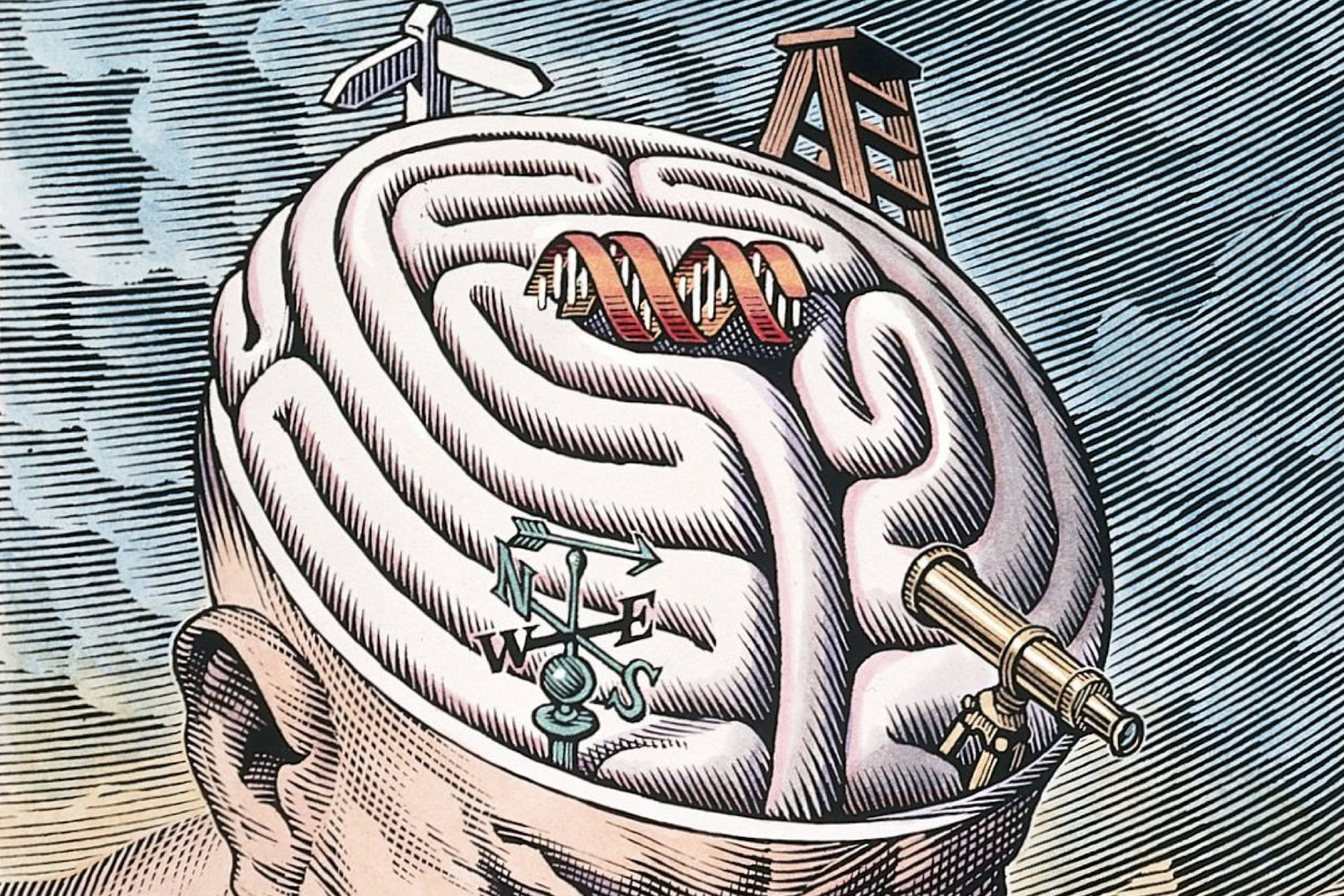'If you had known […] that you would have lived for an impossibly long time, would you have lived your life differently?'
This is the startling incipit of the first episode of the five-part series 'One Five Seven Years' created by Marietta Kirkbride and produced for BBC Radio 4. The radio drama introduces an alternative, fictional version of our own world where a minority of people are discovered to present with a genetic condition called Extended Life Syndrome (ELS), which seems to double the lifetime of those affected. 'Elsers' might be given two decades in their thirties, two in their fourties, and so on, and a simple genetic test is readily available to check if this double life is encoded in your DNA. The episode revolves around Anya, a young woman who works in an ELS diagnostics laboratory and who faces the consequences of this astounding event both at work and in her private life.
The episode jumps right into Anya's thoughts without really introducing any context. Already at minute five it's clear that the drama is steering away from actual science and more towards total fiction, with a strong focus on the personal dynamics between Anya and the other characters. I find there is too much focus on the personal life and details of fictional characters for my taste. The science-related concepts are provided dropwise, I personally don't particularly enjoy this format when talking about science, even if fictional. The script is decently designed and acted, but it can get a little boring and repetitive at times.
However, despite all this, a few important questions and topics come to light. Imagine your adult ageing might slow down and that a simple test existed to check this, would you want to know? When we think of age, we have expectations for our life which follow the natural order of things, how would you feel if those were fundamentally altered in an instant? What would you do with these extra years, how would this affect you and the society in which we live in? And most importantly, would this be a blessing or a curse?
I would like to highlight a few passages of this episode which I found particularly significant to this conversation.
The most evident example lies in the frequent quarrels between Anya and her boyfriend, Luke, who disagree on whether they should take the test and find it extremely hard to have a conversation about what a potential ELS diagnosis might mean for their relationship and life goals. If only one of the two had it, would they break up? How would this affect other life-long decisions and the people they love?
In the midst of the testing hysteria, Anya receives a phone call from a minor asking her to bin her DNA sample because she never gave consent for her DNA to be tested; it comes up later in the episode that this child's parents had made her take the test against her will. Genetic testing of minors clearly implicates important ethical concerns which should be addressed by analysing risks and benefits using best interests of the child and should be raised at the policy level.
Shortly after the call, a man violently attacks the work premises where Anya works, partially destroying her office and addressing the employees with sentences like 'this place is bullshit, you tell people you know their destiny but you don't know anything' and 'you can't do this to people, there are consequences, you are destroying people's lives'. Although the reason of this desperate attack is left to the imagination, clearly the lack of information the general public faces with when receiving genetic test results can have profound consequences in determining life-changing choices. Proper genetic counselling needs to be complemented with a diagnosis and is necessary for people to make informed decisions.
As genetic testing becomes ever more widely used, including for 'personalised medicine', it is increasingly important to engage the general public in similar discussions, as these data are likely not only going to aid scientific research and benefit healthcare, but also deeply affect social equality and inclusion. This particular issue is extensively discussed in the book 'The genetic lottery: why DNA matters for social equality' (see BioNews 1117), which dives into how genetic differences between people explain a great portion of social inequalities.
I personally would not include this radio drama among my favourites, the science behind the fiction is not very well conveyed in my opinion and the ethical arguments are well hidden in the storyline. However, overall I enjoyed the fact that after I finished it, it left me pondering about some of the controversies of genetic testing and of desiring an unconventionally long life. The ultimate message that I recollect from this episode brings me back to one of my first reads as child, 'The picture of Dorian Gray' by Oscar Wilde: be careful what you wish for.





Leave a Reply
You must be logged in to post a comment.